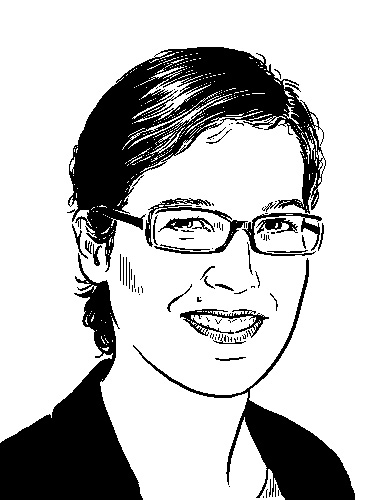What challenges does the energy transition bring, Ms. Delzeit?
Text: Ruth Delzeit
Renewable energies are intended to replace fossil fuels. Many questions, however, remain unanswered. Some thoughts from experts in economics and in environmental sciences.
Renewable energies are considered the key to reducing our dependency on fossil fuels and cutting greenhouse gas emissions. Studies that track the entire life cycle of energy sources, from their production to their disposal, show that renewable energies are overall more environmentally friendly than fossil fuels. As well as looking at greenhouse gas emissions, the assessments also consider other environmental indicators such as water consumption and pollution, biodiversity and use of resources.
Yet expanding renewable energies is not without its challenges: Sometimes, for instance, the projects clash with other possible uses (such as agriculture, conservation, or fulfilling local community needs) of a given piece of land. These conflicts vary depending on the type of energy and the local natural area. Wind farms can disrupt or even destroy wildlife habitats. They can also decimate bird populations if the birds collide with the rotor blades.
Other negative environmental impacts include sealing soils to build access roads, and the use of resources for manufacturing the wind turbines. In addition, some people feel that the turbines ruin the landscape. Photovoltaic (PV) systems require considerable space, either on existing infrastructure such as roofs, or on open land.
Experts see a great deal of potential in building PV systems on agricultural land. This can cause conflicts, however, if the land can’t also be used agriculturally. One innovative solution is agrivoltaics, in which the same piece of land is used for both agriculture and electricity production. Farmers benefit because the solar panels protect crops from mechanical impacts such as heavy rain, and from too much sun.
There are also disadvantages, however: For one, the investment costs for agrivoltaic systems are higher than for systems installed on non-agricultural land. Farming work can also become more difficult, and might leave the panels dirty or damaged. Experts are currently researching how to design and operate agrivoltaic systems so they minimize the potential disadvantages and maximize agricultural yields.
Solving land use conflicts caused by the expansion of renewable energies requires a holistic approach. This includes, firstly, conducting detailed site assessments to select suitable plots of land. These should consider the environmental, economic and social aspects of the site. Secondly, involving local stakeholders is crucial to increasing acceptance for the projects. They should be included in the decision-making process and possibly also receive a share of the profits.
So while the transition to renewable energies is not without its challenges, solutions do exist. They require society, industry, agriculture and policymakers to all work together. If we fail to make the energy transition, both agriculture and habitats will continue to be threatened.
Ruth Delzeit is a professor of global and regional land use change. She conducts research on processes of global change and their impact on land as a scarce resource.
Read here how a graduate of the University of Basel wants to advance agrivoltaics with his start-up here.
More articles in this issue of UNI NOVA (November 2023).

